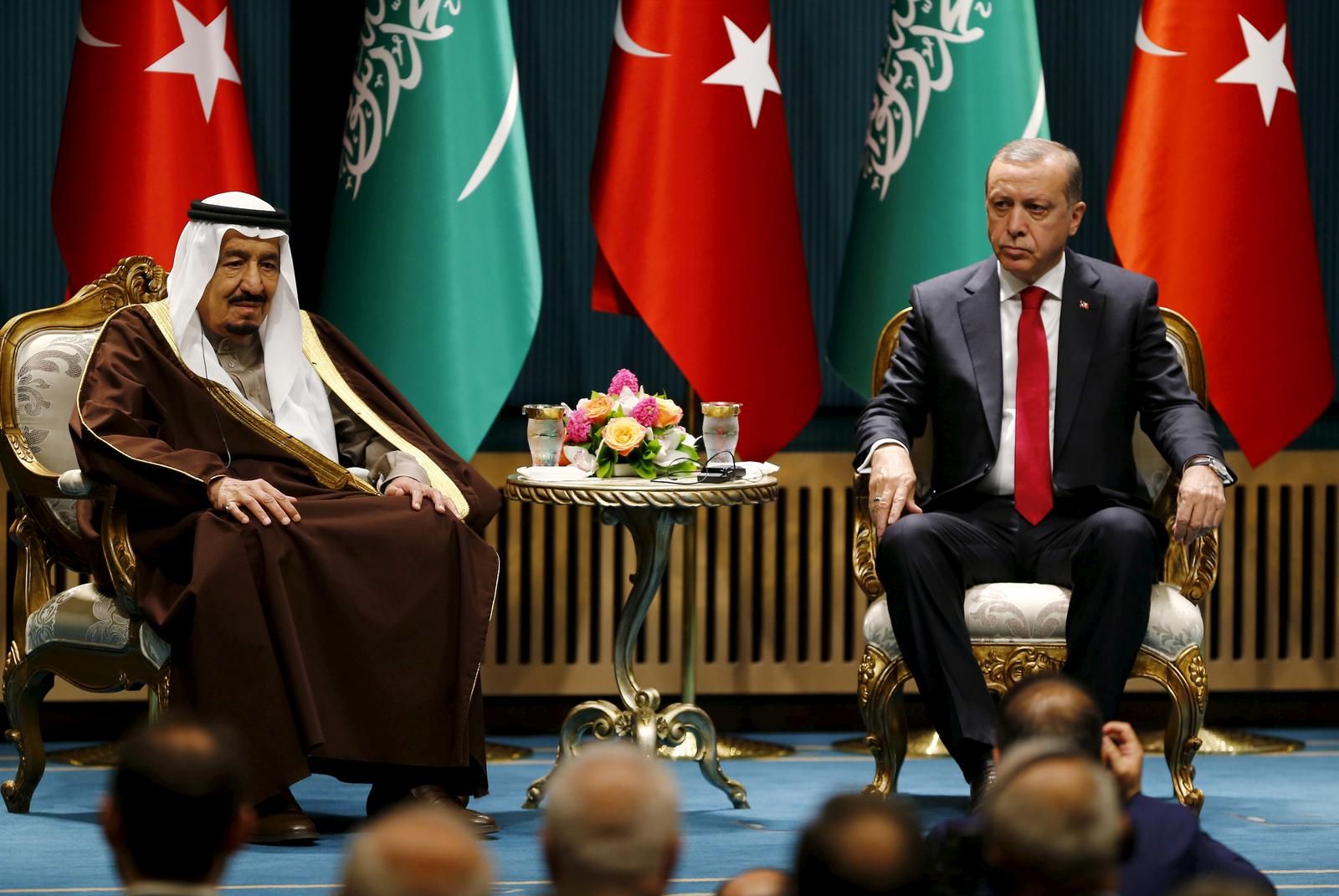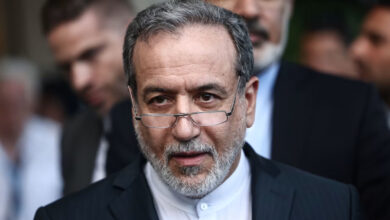
ISTANBUL (Reuters) – Saudi Arabia formally suspended imports of meat, eggs and other products from Turkey earlier this month, the Turkish exporters’ union said, after a months-long informal boycott of Turkish goods over political tensions between the two regional rivals.
Turkish exporters have reported increasing obstacles to trade in Saudi Arabia, as businessmen in the Gulf Arab state have led calls for bans on Turkish imports and as ties between the two countries deteriorated.
Already strained by competing ambitions for regional influence, those relations plunged into crisis two years ago when Saudi agents killed prominent Saudi journalist Jamal Khashoggi in the Saudi consulate in Istanbul.
Ankara says it has been told by Riyadh that there is no formal boycott, but the exporters’ union said it had been informed by Turkey’s trade ministry that imports of some Turkish goods had been suspended earlier this month.
“Imports from our country of red meat and products, white meat and products, water products, eggs and honey and their products, as well as milk and… alternatives to breast milk, have been suspended as of November 15,” the union told its members in an email obtained by Reuters.
No one could be contacted at the Saudi embassy in Ankara on Friday. Turkey’s trade ministry was not available for immediate comment.
Turkey’s Exporters Assembly says exports to Saudi Arabia fell 16% in the first 10 months of this year to $2.23 billion.
Turkey’s Trade Minister Ruhsar Pekcan said this week that Riyadh insisted there was no official boycott of Turkish goods – something Ankara could formally challenge through the World Trade Organisation.
“… we expect concrete steps to solve problems in our trade and economic relations,” Pekcan was quoted as saying by Sabah newspaper. “Our counterparts told us there was no formal decision, that there were some exceptional issues.”
FEELING PAIN
President Tayyip Erdogan and Saudi Arabia’s King Salman agreed in a phone call last week to “keep channels of dialogue open to improve bilateral ties and overcome issues”, the Turkish presidency said.
Both countries have reason to calm tensions as they brace for change under a new U.S. administration. President-elect Joe Biden, who has sharply criticized Erdogan, will face pressure from Congress to sanction Turkey for buying Russian defence equipment and has pledged to reassess ties with Saudi Arabia.
But there has been no immediate sign of Saudi-Turkish rapprochement, and some Turkish businesses say they have been feeling the pain for some months.
“Even though there was no official ban, we were unable to send many products to Saudi Arabia anyway, including chicken products,” said Sait Koca, general manager of a poultry company.
Weeks of delays on arrival meant that sales of goods such as hatching eggs, which need to be moved quickly, had already collapsed, he said.
Writing by Dominic Evans; Editing by Gareth Jones
Image: FILE PHOTO: Turkey’s President Tayyip Erdogan (R) and Saudi King Salman attend a ceremony in Ankara, Turkey April 12, 2016. REUTERS/Umit Bektas




